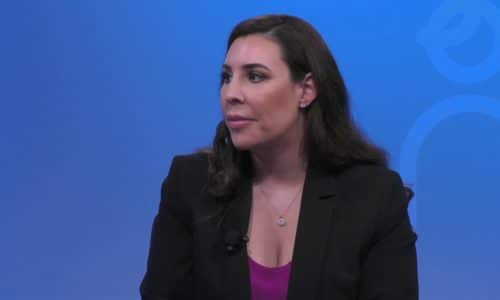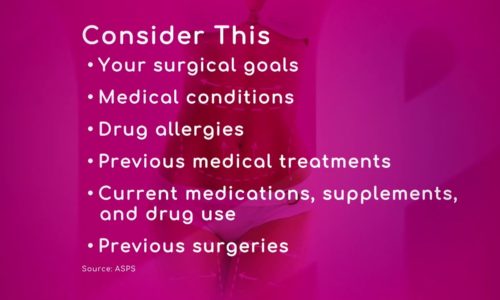Infections in Plastic Surgery |
Skin infection is the most common infection after plastic surgery. Dr. Ricardo Castrellon, Medical Director of the Burn Center at South Miami Hospital, says these infections are related to the normal bacteria that people carry in their skin.
He also explains, in some cases, the infection can occur maybe two weeks later. The preoperative time is the best moment for preventing
infections. Doctors should control things like previous infections and
patients should be in a good condition, have an excellent personal
hygiene before surgery and check any chronic disease such as diabetes.
Transcript
What kind of infections do you find it the most common. > Most common infection you see our skin infections that usually they relate to the normal bacteria that people carry on their skin and it will be usually in the surgical site. Early on you might see them at the skin edges and it usually starts with a wound that looks red swollen maybe increase pain and sometimes you can present it as a late infection and this presents a couple of weeks later and it starts usually with some liquid clear drainage that you can’t explain what a wound that was closed and now it starts draining. > so
how do you then avoid infections once you’ve had a surgery you have to prevent them and the way you try to prevent infections is obviously it’s the in the preoperative time you try to make sure
that the patient isn’t probably in the best condition possible. As a doctor what you try to make ure the patient does not have an infection, like a respiratory infection, or urinary tract infection,
before. You try to control as many variables as you can there’s some recommendations that we tell to the patient’s in reference to personal… personal hygiene before the surgery you tell them don’t shave yourself you know to prevent also contamination with shaving and we tell them also about their nutritional status there’s different things that you have to do even a diabetic who has an uncontrolled diabetes you don’t want to perform surgery on them because unfortunately
that puts it a higher risk of infection. So there’s a lot of there there’s different things that we will do to try to optimize the patient to prevent the perioperative infection and that’s what I can do before surgery. During surgery it’s meticulous treatment of the tissues that’s what you do, you traumatize the tissues at least possible so you prevent the risk of infection.








